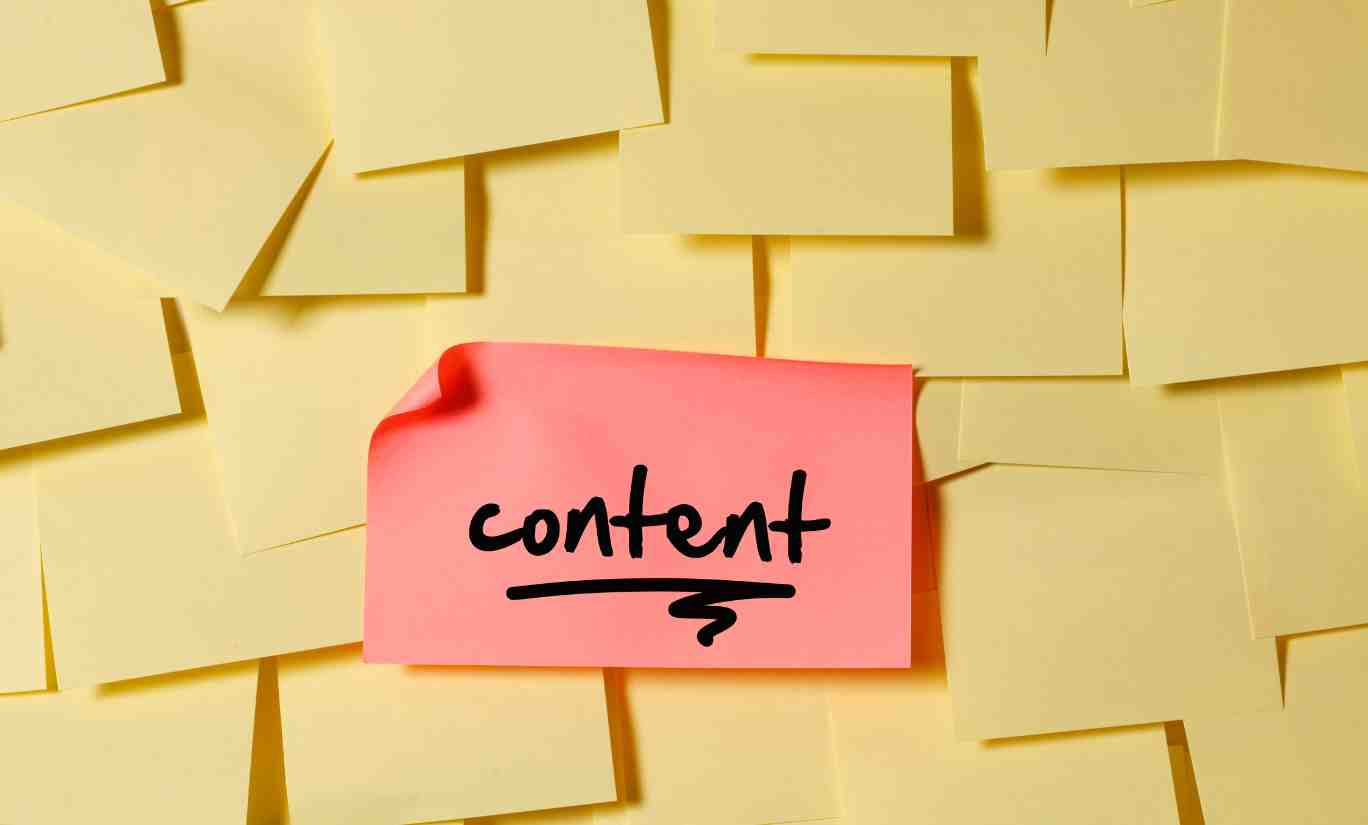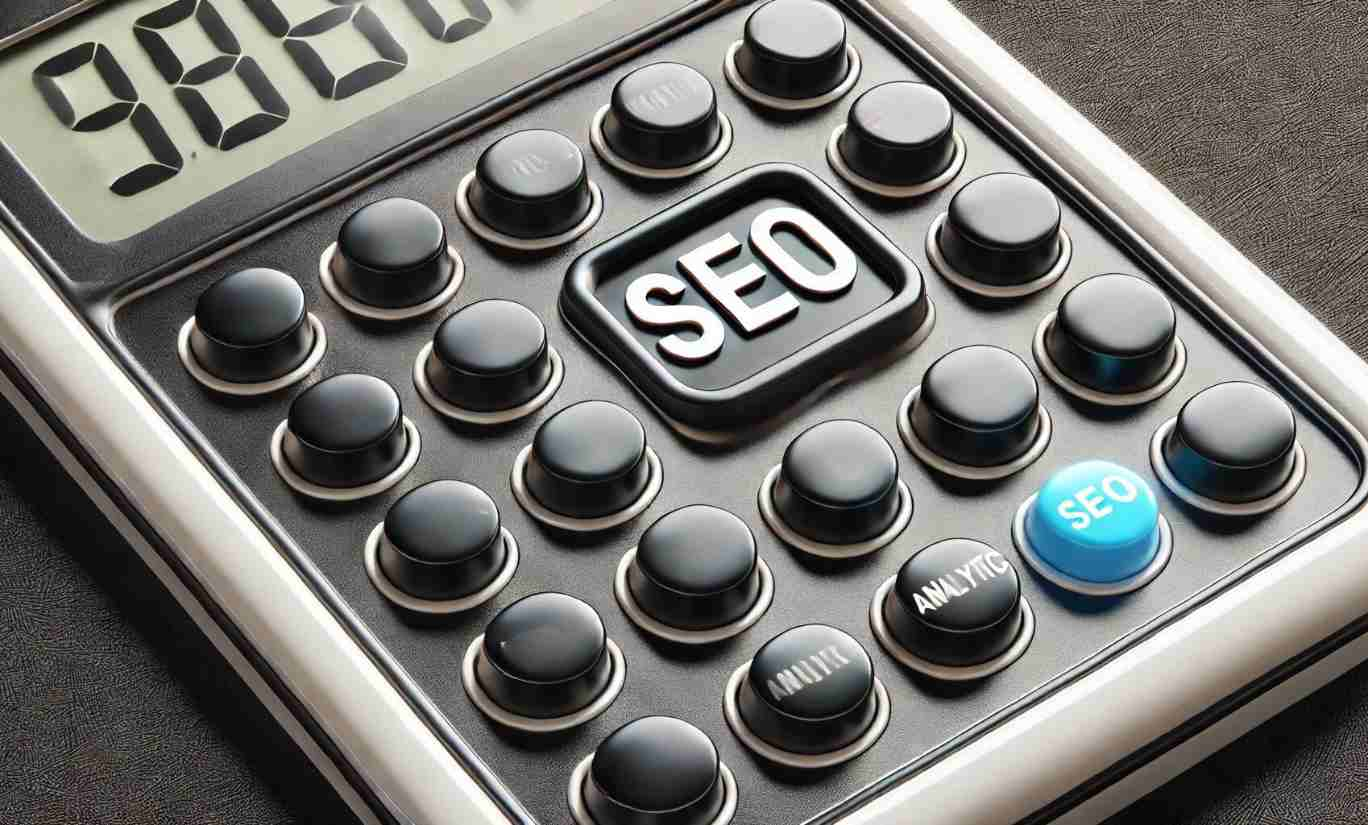
-
ROAR
- 8 Min Read
- AI, Blog, Google Updates, PPC
Your Cheat Sheet for Google Ads AI
Artificial intelligence is a widely understood term across various industries; the likelihood of anyone not having heard the term ‘AI’ in the last year is slim to none. It is a powerful force of machine learning technology that can create, inform and produce content in various forms. In this blog, we will be dissecting the current possibilities through Google Ads AI.
Nick Bostrom, the Swedish philosopher at the University of Oxford, said, ‘Machine intelligence is the last invention that humanity will ever need to make.’
Before we jump in, if you want more information about outsourcing your PPC efforts and working with a dedicated Google Ads agency, download our free helpful guide here.
What is AI
AI or artificial intelligence is a machine’s ability to perform the same actions and functions commonly associated with the human mind. It is a science that instructs machines to think like humans do and subsequently do things considered ‘smart’. AI technology can uniquely process a large amount of human data and information differently from humans.
Ultimately, AI has set its own goals: to do things, make decisions, form opinions and create as humans do. Although it is common knowledge that AI is not entirely there yet. AI requires more work to reach the intense level of human thought and ability that is regarded as more reliable. According to research, About 28% of people fully trust AI, while 42% claim to generally accept it.
Google may be the largest search engine globally, but even its AI tools are not completely doubt free yet.
Some users have been recently exposed to a Google Ads AI assistant in beta in the help section.
The chatbot disclaimer states, “While I know a lot, I’m still learning and may make some mistakes. If I do, please leave feedback so I can learn.”
Julie Bacchin, a PPC Pro and member of the PPC Hero, 25 Most Influential PPC Experts list, challenged this by tweeting, “Presumably, how would someone seeking help know if the help is wrong?”.
Her point acknowledges that although AI is present and moving forward, the information given can be misleading or incorrect. This could be potentially dangerous.
Google Ads has an AI assistant in beta in help section.
Comes w disclaimer “While I know a lot, I’m still learning and may make some mistakes. If I do, please leave feedback so I can learn.” 😬😳
Presumably, how would someone seeking help know if the help is wrong? #PPCChat pic.twitter.com/9nUfYfHRC7
— Julie F Bacchini (@NeptuneMoon) August 10, 2023
The Rise of AI in Marketing
A brief history lesson of how AI secured its space in the marketing sphere. AI, although coming to fruition recently, is certainly not new. Its rise is simply due to technology becoming more powerful and accessible in recent years.
The 1950s and 1960s
Researchers used linear programming techniques, games theory and decision trees to optimise marketing mix and pricing strategy. This was the first attempt to use AI in marketing.
The 1970s and 1980s
Expert systems and neural networks allowed marketers to create consumer behaviour and preference models. This led to a more personalised online experience through relevant recommendations and offers.
The 1990s and 2000s
We’ve reached the rise of the internet. This era exposed new opportunities to collect and analyse data to inform better online advertising and audience targeting. Many marketers began utilising AI tools for search engine optimisation, email marketing strategy, and collecting website analytics to better reach and engage their customers online.
The 2010s and 2020s
Here, we saw the development of data, cloud computing, natural language processing, computer vision and deep learning, which has completely changed our industry. It has unleashed new AI applications into the marketing industry, and marketers can now leverage AI to generate all sorts of marketing material. This includes content, design campaigns, optimising conversions, predicting outcomes and further enhancing the experience for their customers.
At ROAR, we put together a list of 6 quality AI tools for content creation; check them out here.
Amazon X AI
Ever wondered how leading e-commerce brand Amazon utilises AI to dominate?
- Amazon uses personalised product recommendations as part of its marketing strategy to increase sales and streamline the audience’s purchasing journey.
- They do this by using big data to tailor an audience’s experience using information from the customers buying behaviour, products they have added to their cart, items they have viewed, and what items they have searched for the most.
- Using this data, leading E-commerce giant Amazon can provide customers with product recommendations for what they are most likely to buy. This creates a human emotion of temptation and provides a little nudge to the customer to make them buy.
- Personalised product recommendations have informed 35% of what consumers purchase on Amazon.
What is AI in Google Ads in 2023?
In 2023, one of the most impressive developments within Google Ads and their implementation of AI features is their AI-powered search ads.
- This feature allows users to adopt a multi-search approach like lense to discover the products they seek.
- Users can also use voice search to converse with Google and find answers to search queries.
- Through advanced natural language, Google is able to deliver the correct results right when a user needs them.
Many of these search features are new, but they offer unprecedented opportunities to analyse data and tailor the future offerings of Google and AI.
Many PPC and Google Ads experts say that ignoring AI in 2023, will see you fully left behind by the industry.
If you are not leveraging AI in 2023 you will be left behind quickly
— Richard K | Google Ads (@getbagswithads) August 10, 2023
-
Broad Match
Broad match search queries offer a broader set of search results that could all possibly be relevant to the user. Think ‘casual workwear’. Broad match leverages Google’s AI and state-of-the-art language models in order to increase the reach of ads.
Google is becoming more intelligent when it comes to understanding them. It will look at user signals and match the user intent with advertising intent, connecting them and providing a more tailored end experience for the user. It is then up to the advertiser to consider what advertisements the user sees.
-
RSA (Responsive Search Ads)
An RSA takes all the high-quality images, business information, and website links a marketer provides, turning them into stand-out, high-intent ads. RSAs can automatically create assets within a campaign operation feature to generate headlines and descriptions tailored to generate performance. Research has shown that RSAs have a 5 – 15% higher CTR than static search ads.
Google’s AI uses these assets and a deeper understanding of the user’s search intent to assemble responsive search ads that are correctly optimised for the search query. This aims to improve conversion predictions or conversion value through smart bidding.
-
Smart Bidding
Google’s AI uses the context from search query intent, user intent and advertisement composition to help inform bids by predicting future ad conversions and their value. With value-based bidding, Google’s AI connects seamlessly to marketing data and uses this to inform ad placement, ensuring your ads are presented to the most valuable customers of your business.
The above all compliment each other. As a result, it’s critical to utilise all of Google’s AI features to multiply your expertise, unlock new business demand, and drive and increase meaningful results from your ads.
Why is AI important in Google Ads Campaigns?
AI is critical to improving a users search experience and increasing the opportunities advertisers have on the platform.
Google is dedicated to creating a seamless experience for users. Google’s chief executive Eric Schmidt says, “We are very clear, and I want to be clear, and on the record, we run the company [Google] for the benefit of our end-users globally.”
Below are some of the most notable benefits of including and increasing AI technology in Google Ads:
-
More Relevant Ads
AI allows Google to analyse landing pages and advertising copy to match them with search queries. This means that more users can see the most relevant ads available to them, increasing website traffic and conversion rate as you provide users with exactly what they were searching for. More relevant ads also mean a better user experience and optimum usage of your advertising budget.
-
Better Creativity
We marketers are fully aware that AI is not on the same level as humans yet regarding thoughts and emotions. However, it has a pretty good level of creativity and can create meaningful ad copy, including headlines and descriptions, with images that correlate. This allows your business to save money outsourcing creative assets and better optimise your Google Ads campaigns for the end user.
-
Better Targeting
AI is all about analysis and doing. Using AI, Google Ads can dissect search data like search queries, user behaviour and previous browsing history. AI uses this data to compile user profiles that inform ad placement strategy delivering the right ads to the right people, whether they are existing customers or not.
-
Better User Experience
Overall, AI within Google Ads works directly for the search user, working to produce a more relevant and seamless search experience. AI Google Ads allow businesses to understand their audience better and provide a more tailored experience giving the user exactly what they were searching for. This creates a better relationship between consumer and business, increasing brand credibility, loyalty and reputation.
-
Cost Effectiveness
AI erases the need for outsourcing too many extra hands, but before you go firing your whole marketing department – remember AI is nowhere near their level yet. We’re saying that AI can spot any weaknesses within your established ad campaigns based on an analysis of data and campaign performance. As a result, businesses can reduce their cost per click and cost per conversion by adjusting keywords, targeting, and bidding strategy.
How Will AI Affect Google Ads in the Future?
Larry Page, the co-founder of Google, said: “Artificial intelligence would be the ultimate version of Google. The ultimate search engine that would understand everything on the web.
It would understand exactly what you wanted and give you the right thing. We’re nowhere near doing that now. However, we can get incrementally closer to that, and that is basically what we work on.”
In May 2023, Google announced it was entering an entirely new era of AI-powered advertisement.
Here’s how Google acknowledges AI advancements to support marketers when making decisions, solving problems and embracing their creativity.
Jumpstart Campaign Creation Through Chat
Google introduced a new natural-language conversation experience within Google Ads. It is designed to make the beginning of any campaign easier and simplify search ads through a combination of your existing knowledge and Google AI.
This technique works by adding your landing page, for which Google will then summarise and generate; relevant keywords, headlines, descriptions, images and other related assets. You and your team then review these, and you can edit Google AIs suggestions before setting these live. Think of it as chatting to Google like you would a colleague and asking for support/ideas.
Creativity Boosts in Performance Max
One of the better-known AI-powered functions of Google is its efforts during performance max campaigns to drive business growth. Advertisers and marketers who use performance max within Google Ads are likely to achieve more conversions, on average 18% more conversions at a similar cost per action.
Provide your website, and Google AI will begin educating itself on your brand. This is to create and populate your ad campaign with relevant text and assets. Google also suggests new images generated just for your business based on its machine learning, which makes your ad campaign unique and helps you stand out amongst competitors.
If you’re looking for a PPC and ad-management team with years of enterprise-level experience across the paid search spectrum, look no further than ROAR! Our talented team of specialists are ready to take on your challenge; get in touch today!


!["We are very clear, and I want to be clear, and on the record, we run the company [Google] for the benefit of our end-users globally." Eric Schmidt, Google’s Chief Executive , Your Cheat Sheet for Google Ads AI](https://roardigitalmarketing.co.uk/wp-content/uploads/2023/08/2-1.png)





